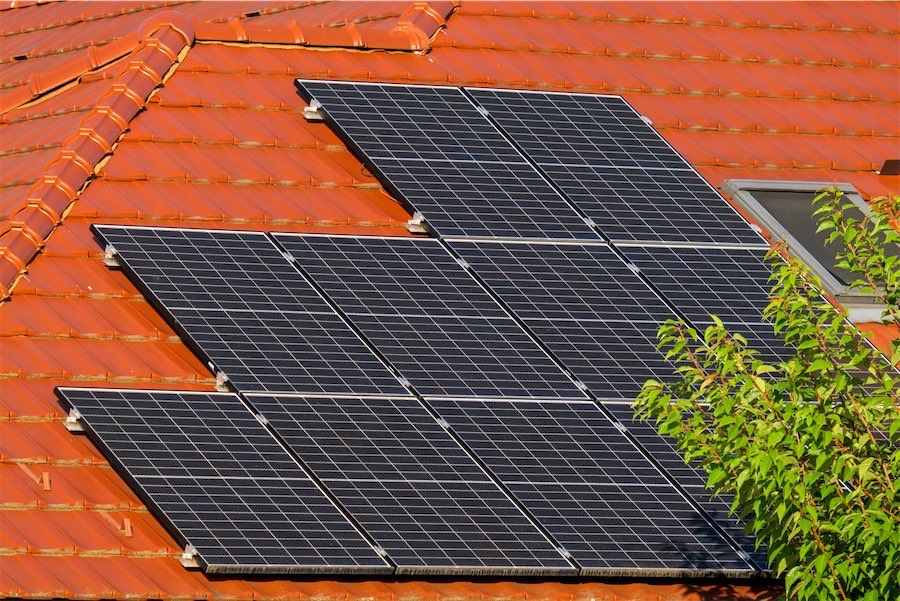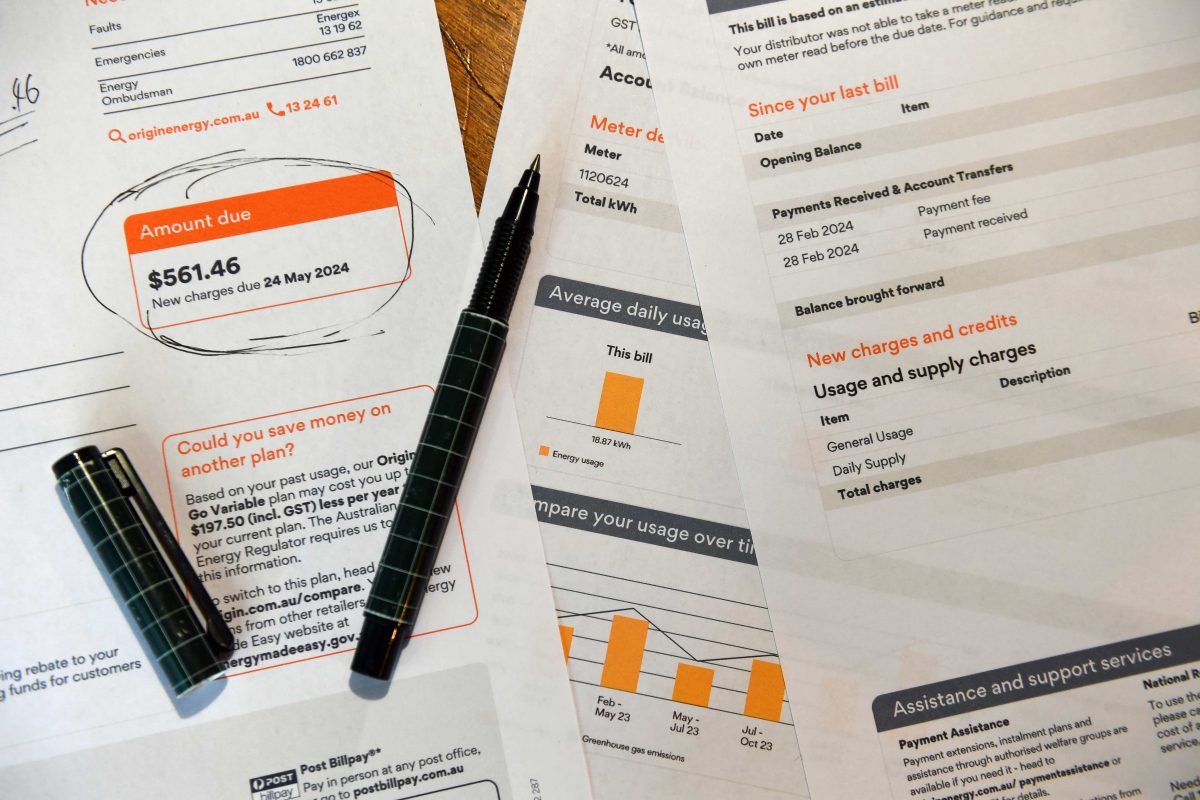
By Jennifer Dudley-Nicholson
Each household should be offered up to $6500 to install grid-connected solar batteries and landlords incentivised to join the renewable energy revolution, a report has found.
The Clean Energy Council made the recommendations in a study released on Tuesday that investigates the impact solar panels, home batteries and other consumer assets could have on Australia’s electricity market.
The report, which includes modelling from Oakley Greenwood, also found failing to adequately support household renewable energy investments could cost the nation more than $22 billion and 18,200 extra jobs by 2050.
It comes amid fierce political debate over the future of Australia’s energy resources, and weeks after the CSIRO released research showing renewable energy such as solar and wind would cost less than nuclear.
The council’s Powering Homes, Empowering People report examined how consumer energy resources could reduce costs in the electricity system.
It found supporting households to take up renewable energy generation and storage devices, at the rate recommended by the Australian Energy Market Operator, would save $20 billion otherwise spent on large-scale projects and more than $2 billion on network infrastructure.
The report also found reaching the market operator’s consumer energy resources target would see 3.6 million more homes install solar batteries, save all electricity users between $35 to $71 a year, and create thousands more jobs in manufacturing, installation and maintenance.
The findings show investing in household renewable technology had obvious advantages for the wider community, Clean Energy Council distributed energy policy director Con Hristodoulidis said.
“It is critical that we get the policy settings right to maximise the benefits of Australia’s rooftop solar success story,” he said.
“Australia’s electrification journey has only just begun and adopting (consumer energy resources) at even greater scale will be the key to lowering bills and a timely energy transition.”
Mr Hristodoulidis said the report also identified policies needed to support household investments in renewable energy, which range from education and consumer protection to incentives and targets.
The study recommended the federal government introduce a National Home Battery Saver Scheme in 2025 offering incentives of up to $6500 for households to install a solar battery and connect it to the grid, which would include an annual benefit.
Other support, it said, should include incentives for landlords to install electric appliances, solar panels and batteries, as well as a $100 million Community Empowerment Fund to provide education to consumers, businesses and community groups about renewable energy technology over 10 years.
The council’s recommendations come after the market operator’s draft 2024 consultation found consumers could provide up to 34 gigawatts of renewable energy storage by 2050.
Australia is a world leader in residential solar installations, with almost one-in-three households having installed solar panels.
Who can be trusted?
In a world of spin and confusion, there’s never been a more important time to support independent journalism in Canberra.
If you trust our work online and want to enforce the power of independent voices, I invite you to make a small contribution.
Every dollar of support is invested back into our journalism to help keep citynews.com.au strong and free.
Thank you,
Ian Meikle, editor





Leave a Reply